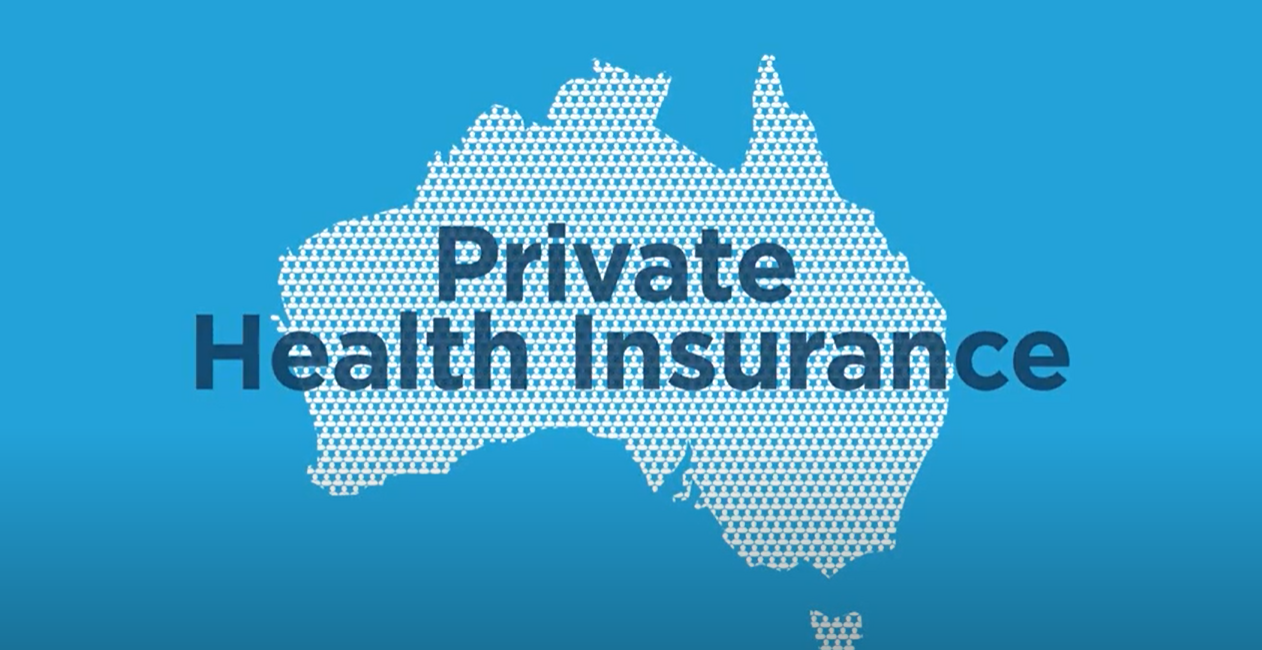Private health insurance, also known as commercial health insurance, offers individuals and families a way to pay for medical expenses. Unlike government-sponsored programs like Medicare and Medicaid, private health insurance is purchased directly from an insurance company.
Understanding Private Health Insurance
Private health insurance plans typically cover a range of medical expenses, including:
- Doctor’s visits
- Hospital stays
- Surgeries
- Prescription drugs
- Mental health services
However, the specific coverage can vary widely depending on the plan.
Types of Private Health Insurance
There are several types of private health insurance plans available:
- Individual and Family Plans: These plans are designed for individuals and families who are not eligible for employer-sponsored coverage or government programs.
- Employer-Sponsored Plans: Many employers offer health insurance as part of their employee benefits packages.
- HMO (Health Maintenance Organization): HMOs typically have a network of doctors and hospitals that you must use. They often require referrals for specialist care.
- PPO (Preferred Provider Organization): PPOs offer more flexibility than HMOs, as you can see any doctor or hospital. However, you’ll pay higher costs for out-of-network providers.
- POS (Point of Service): POS plans combine features of HMOs and PPOs. You must choose a primary care physician, but you have more flexibility for specialist care.
- HDHP (High Deductible Health Plan): HDHPs have high deductibles, but they often come with a Health Savings Account (HSA), which can be used to pay for medical expenses tax-free.
Factors to Consider When Choosing a Plan
When selecting a private health insurance plan, consider the following factors:
- Cost: Evaluate the monthly premiums, deductibles, copays, and out-of-pocket maximums.
- Coverage: Review the specific benefits offered by the plan, such as prescription drug coverage, mental health services, and preventive care.
- Network: Ensure that your preferred doctors and hospitals are included in the insurer’s network.
- Pre-existing Conditions: If you have pre-existing conditions, check if the plan will cover them.
- Tax Implications: Understand the tax implications of purchasing health insurance, as you may be eligible for tax deductions or credits.
Additional Tips
- Compare Plans: Use online tools or consult with a broker to compare plans from different insurers.
- Consider a Health Savings Account (HSA): An HSA can be used to pay for medical expenses tax-free and can help you save for future healthcare costs.
- Read the Fine Print: Carefully review the terms and conditions of any health insurance plan you’re considering.
By understanding the different types of private health insurance and carefully considering your options, you can find a plan that meets your needs and provides you with peace of mind.





